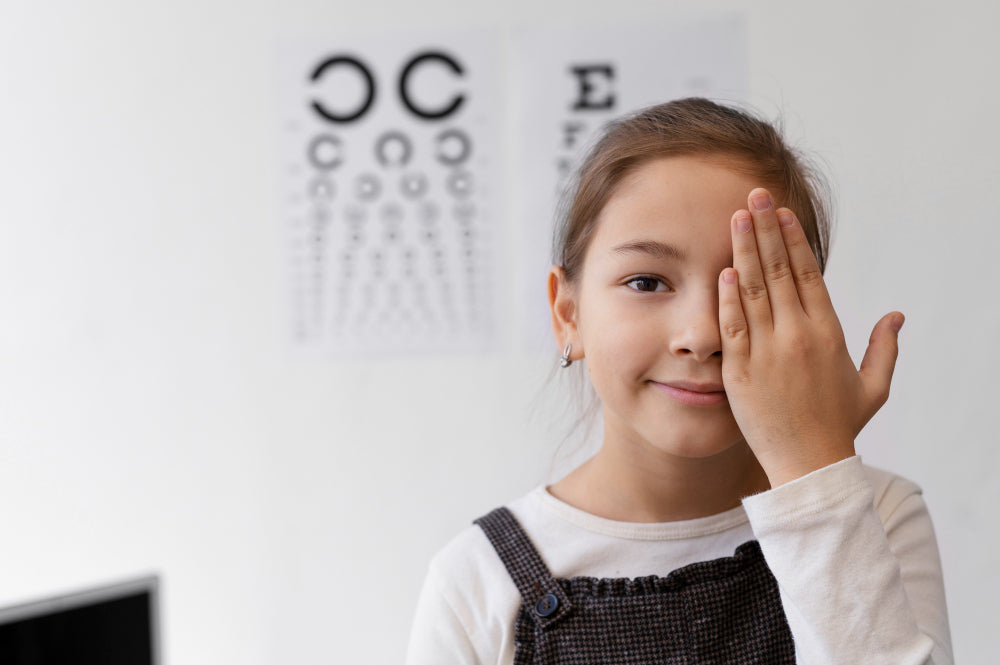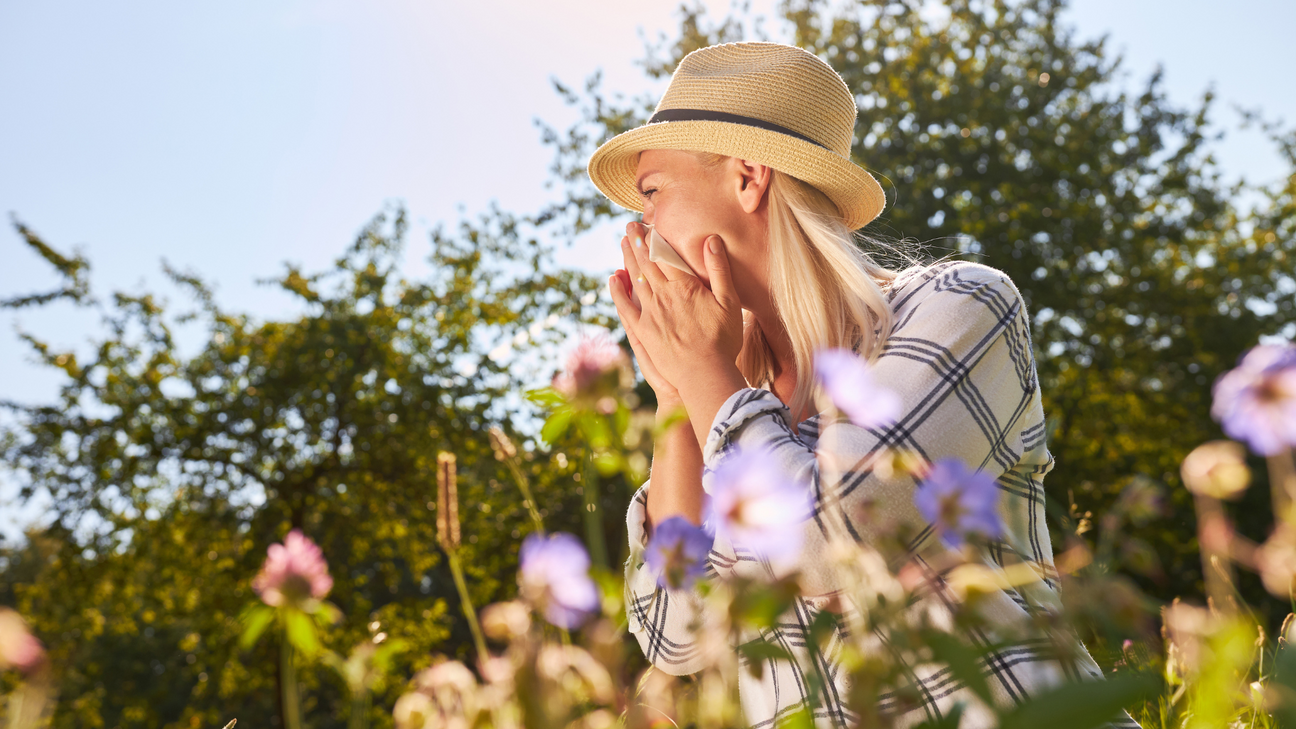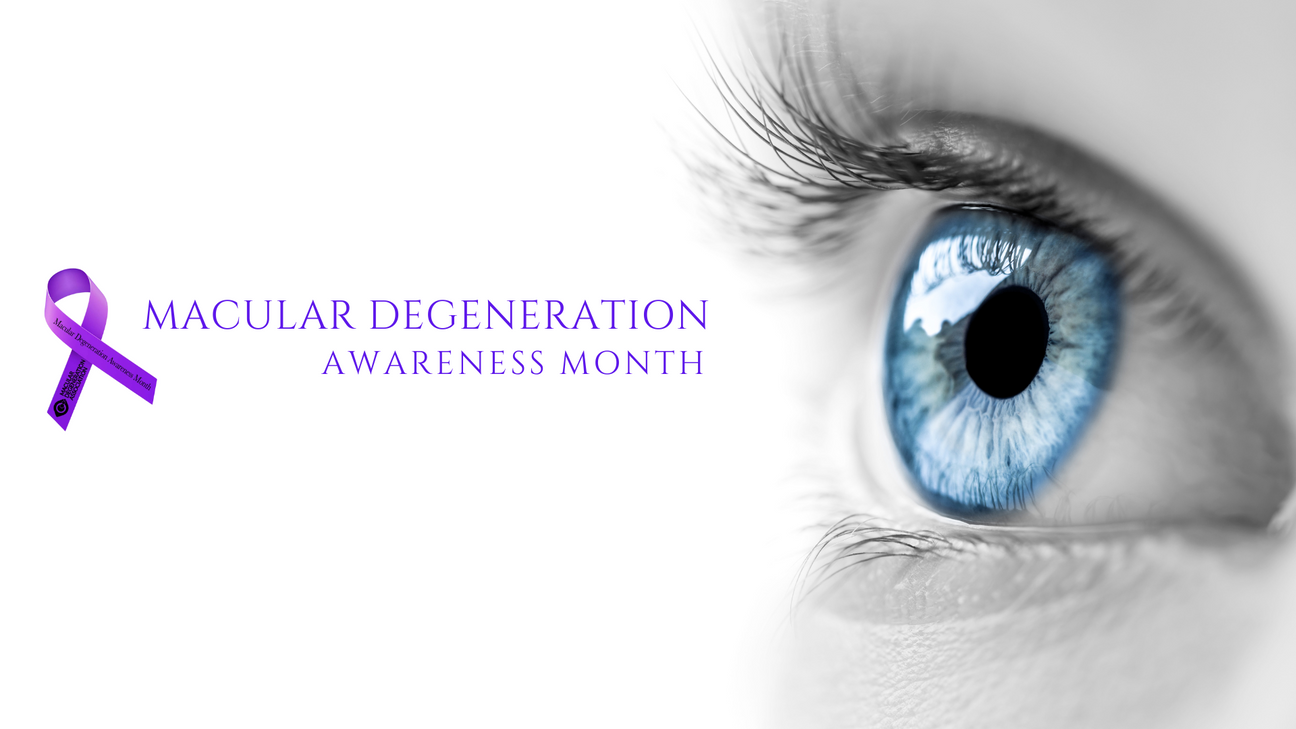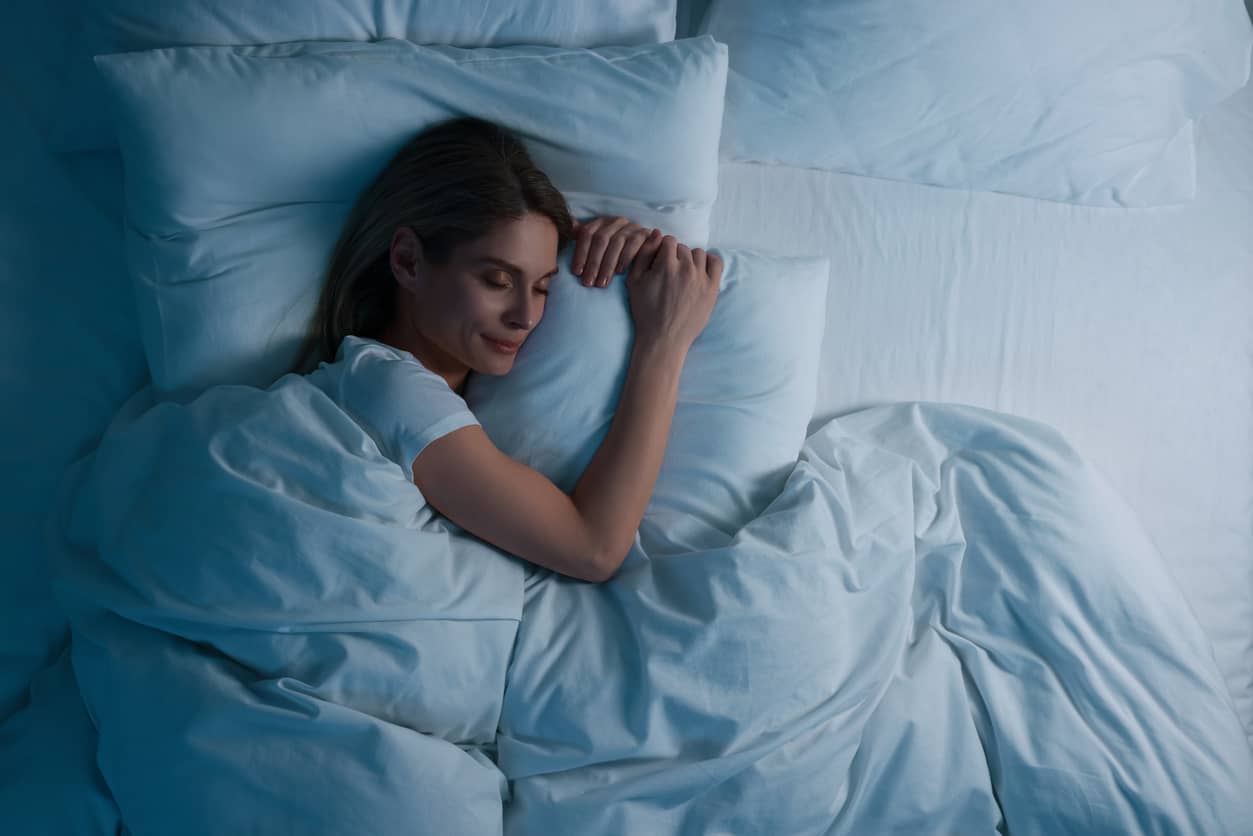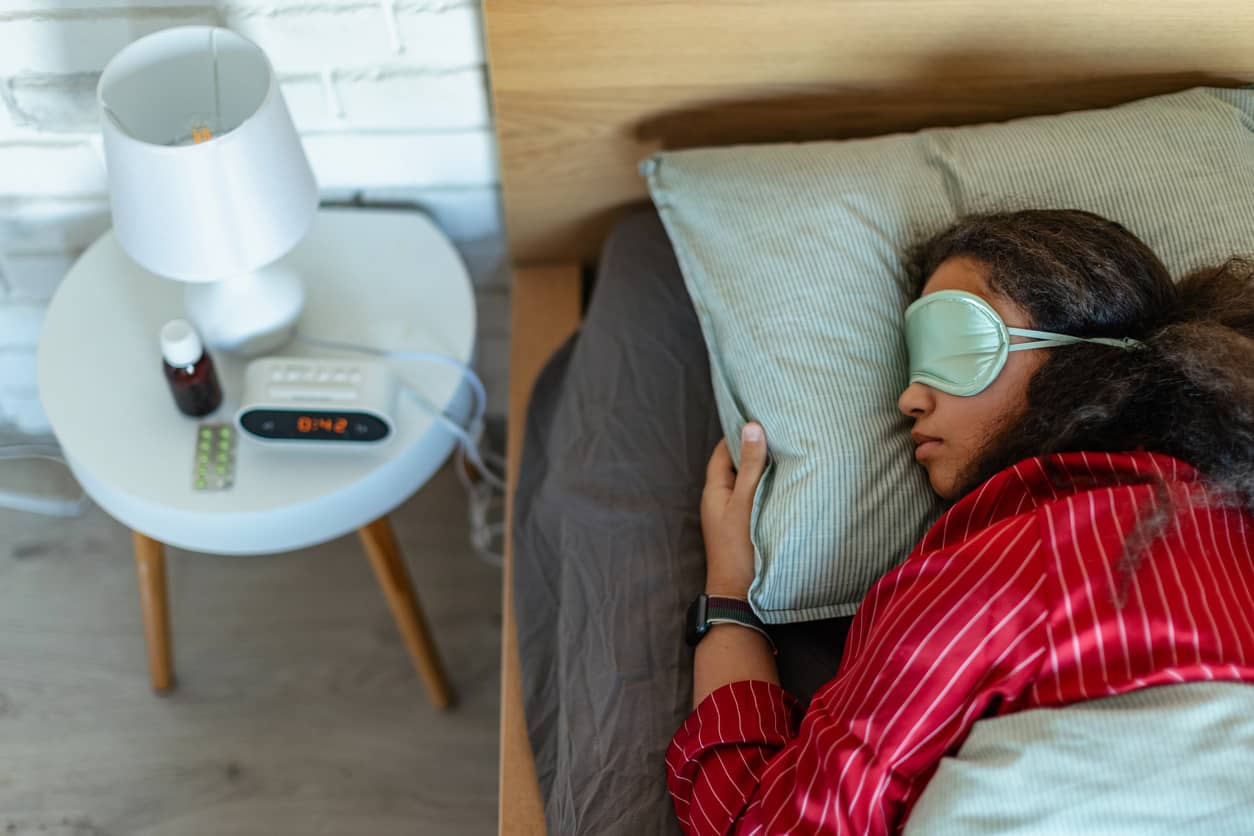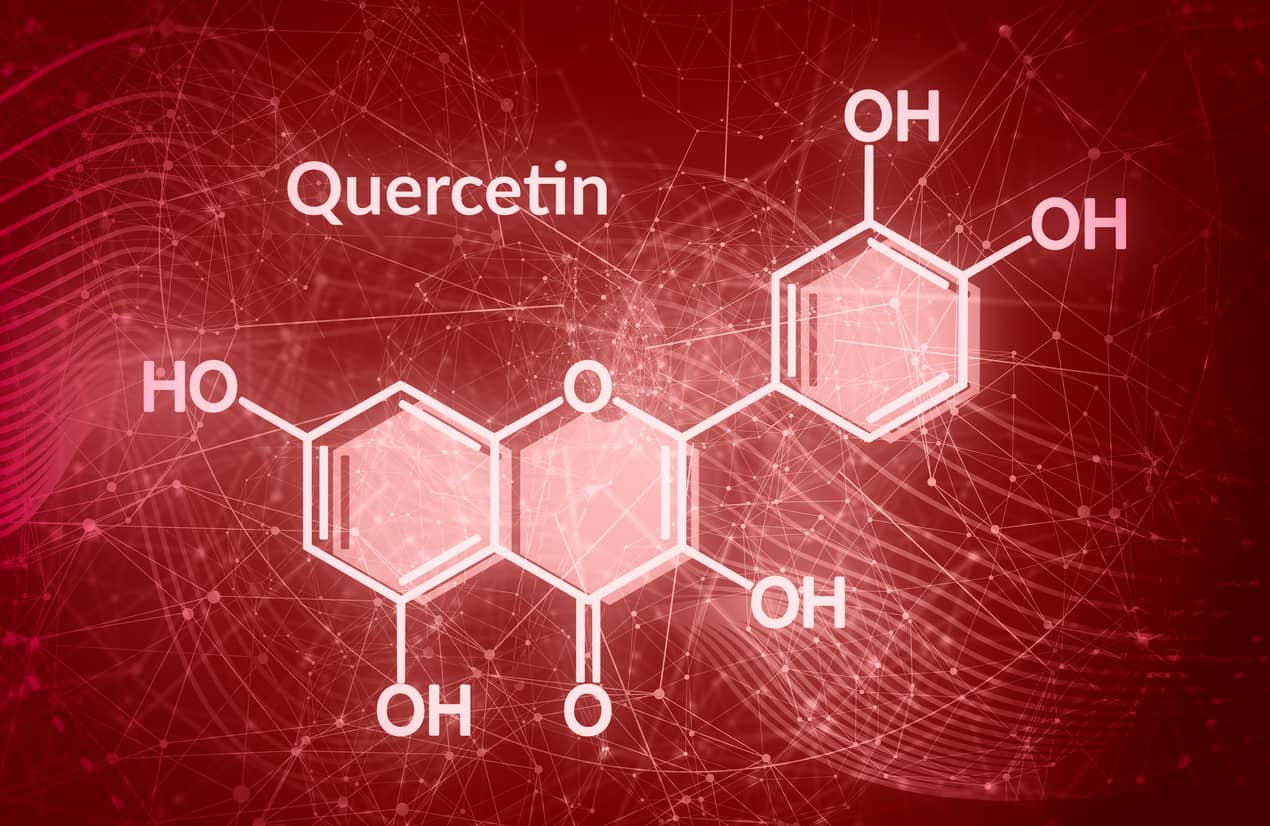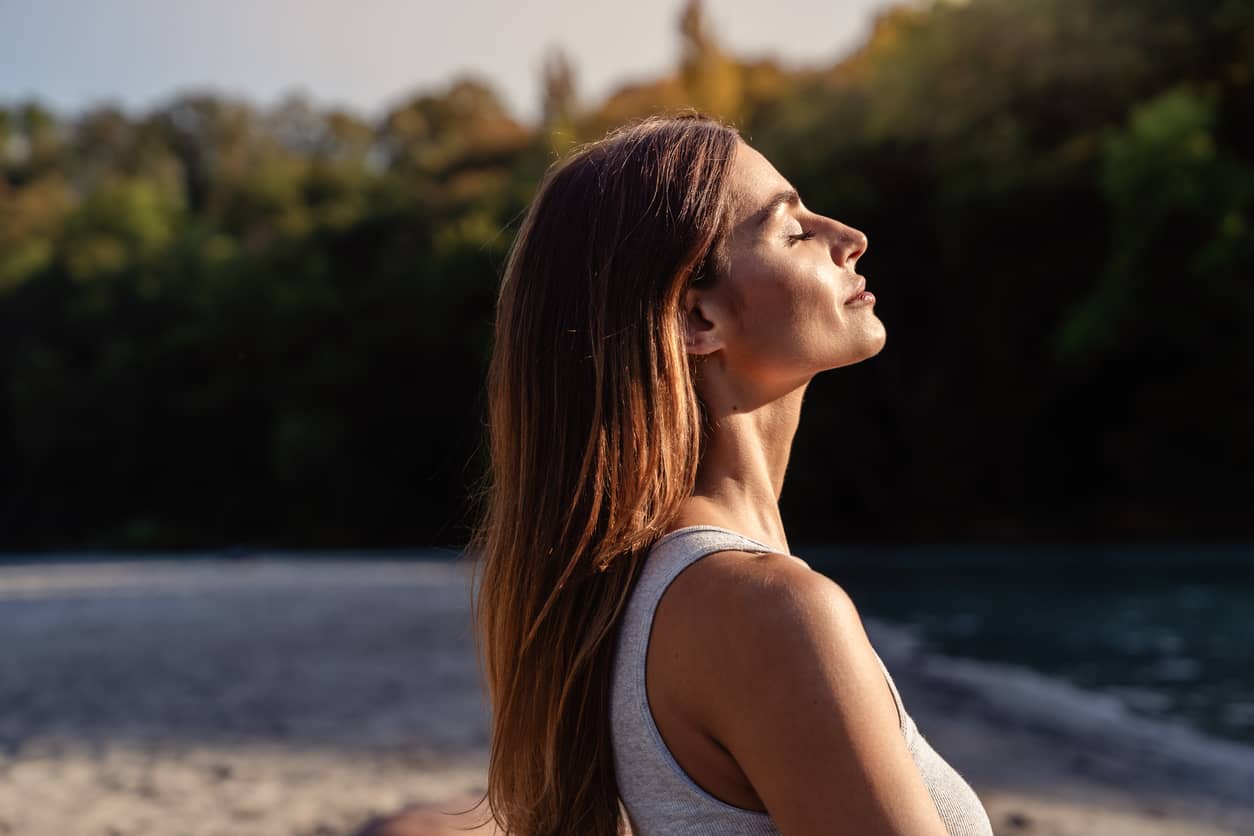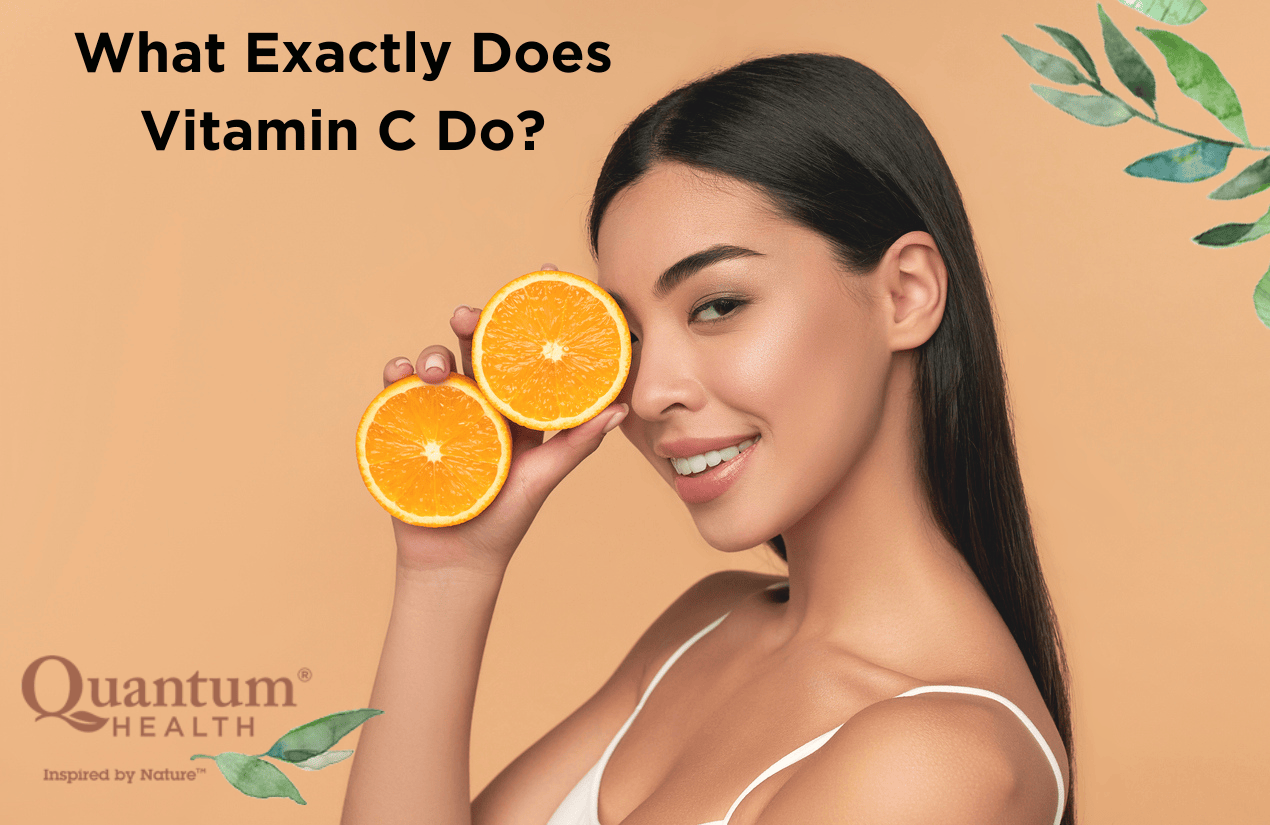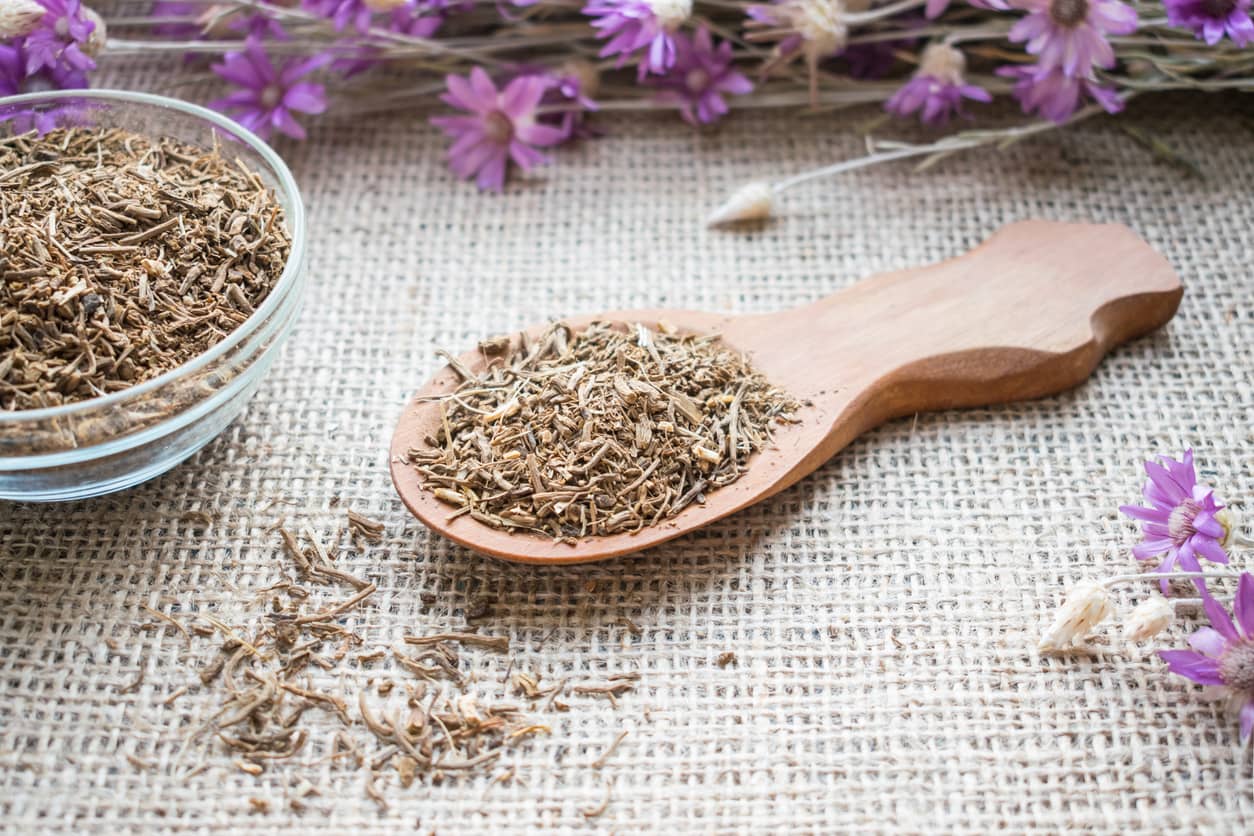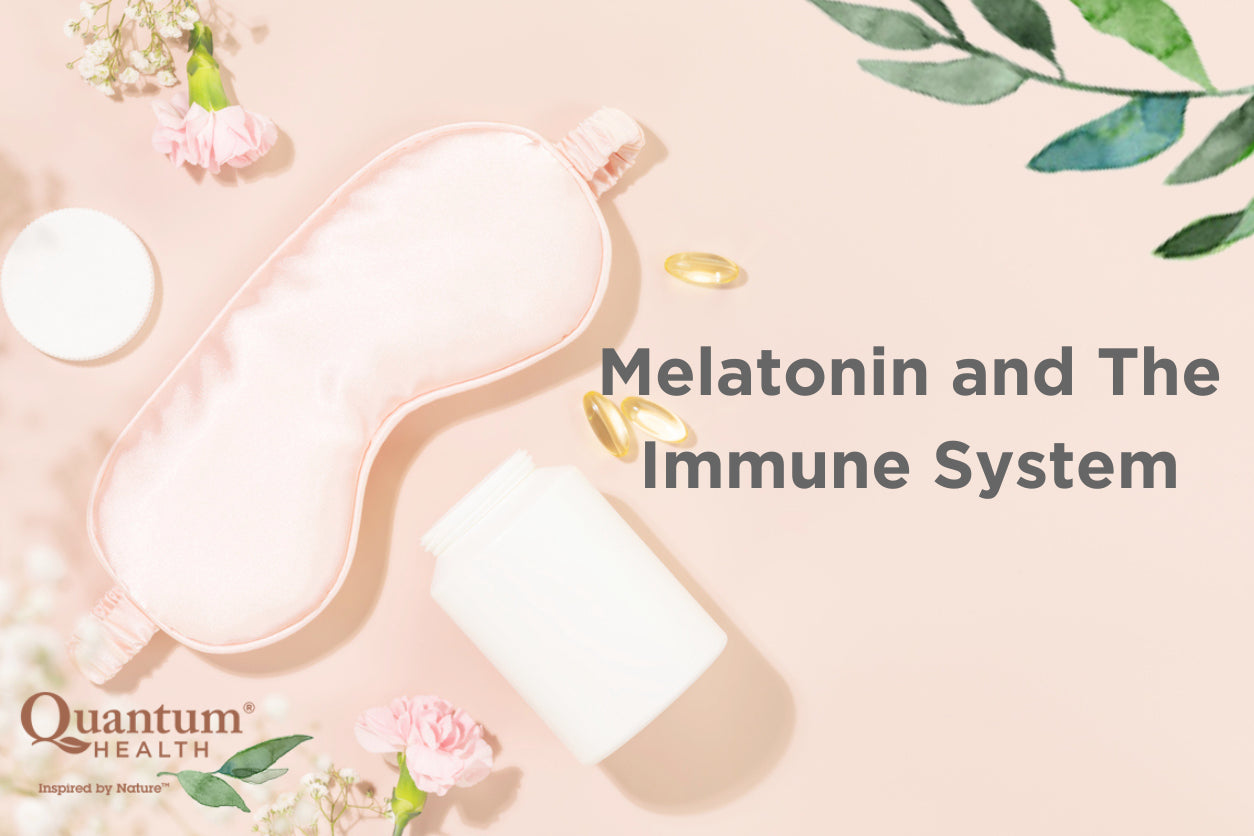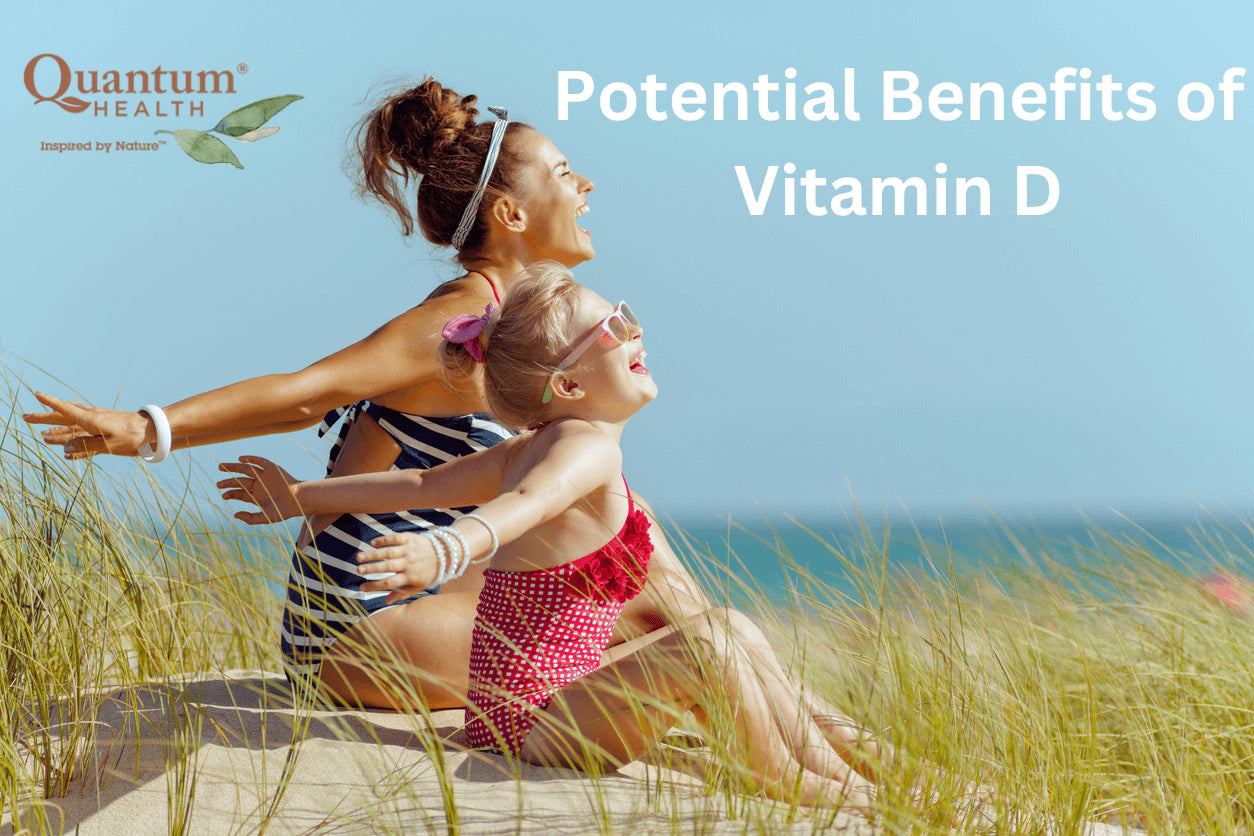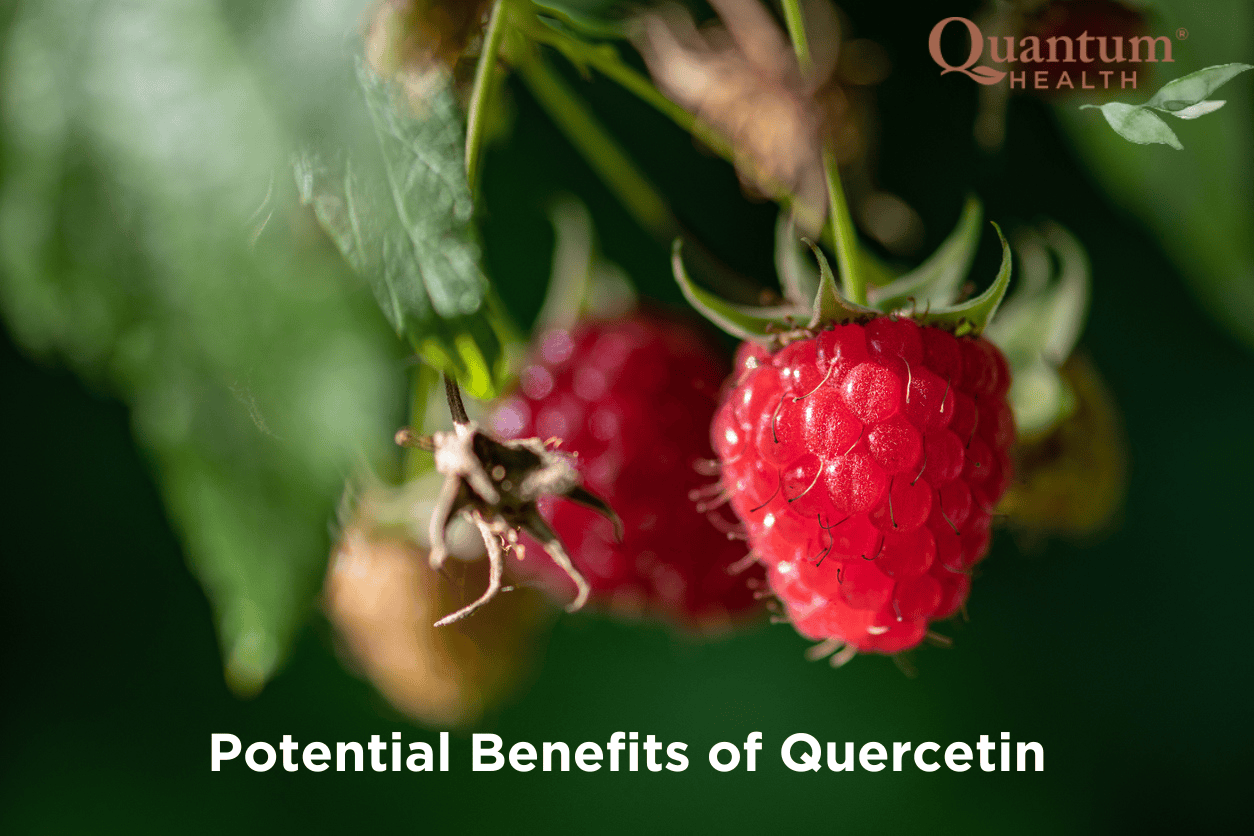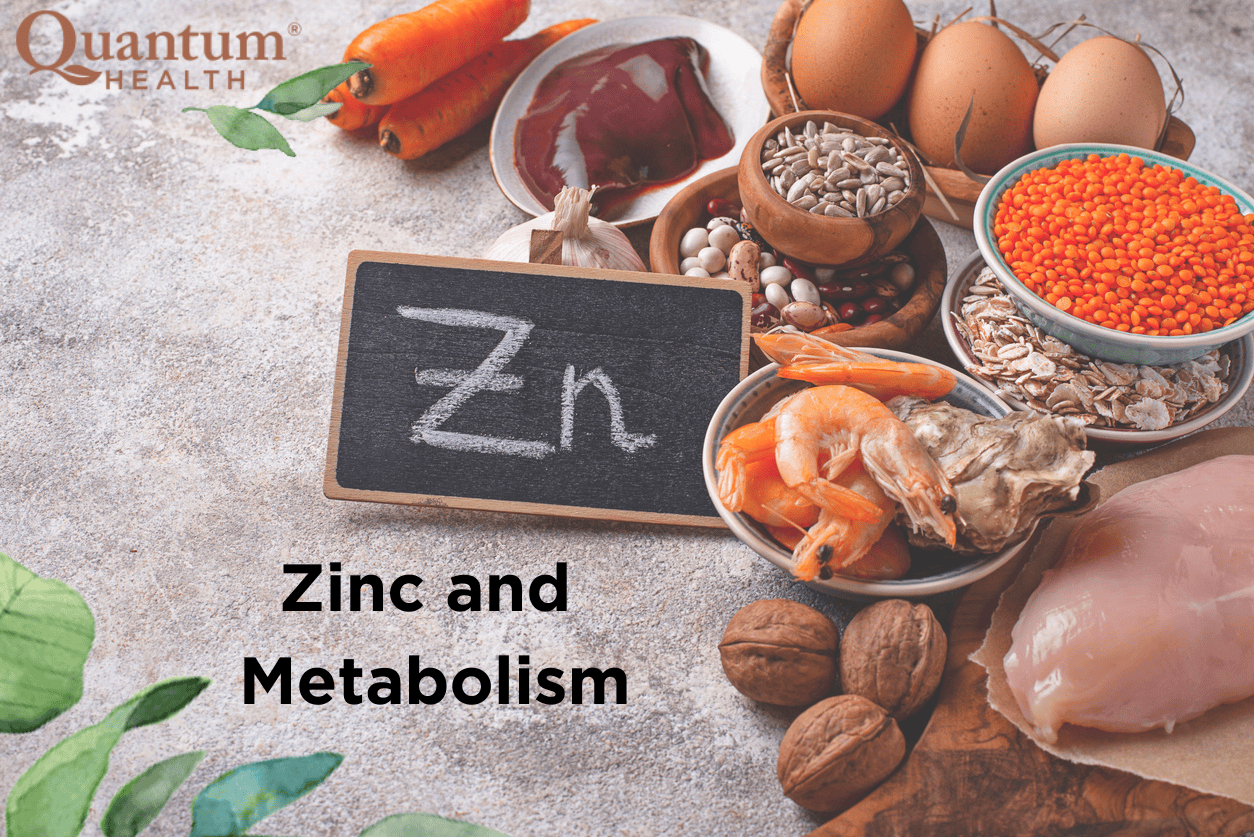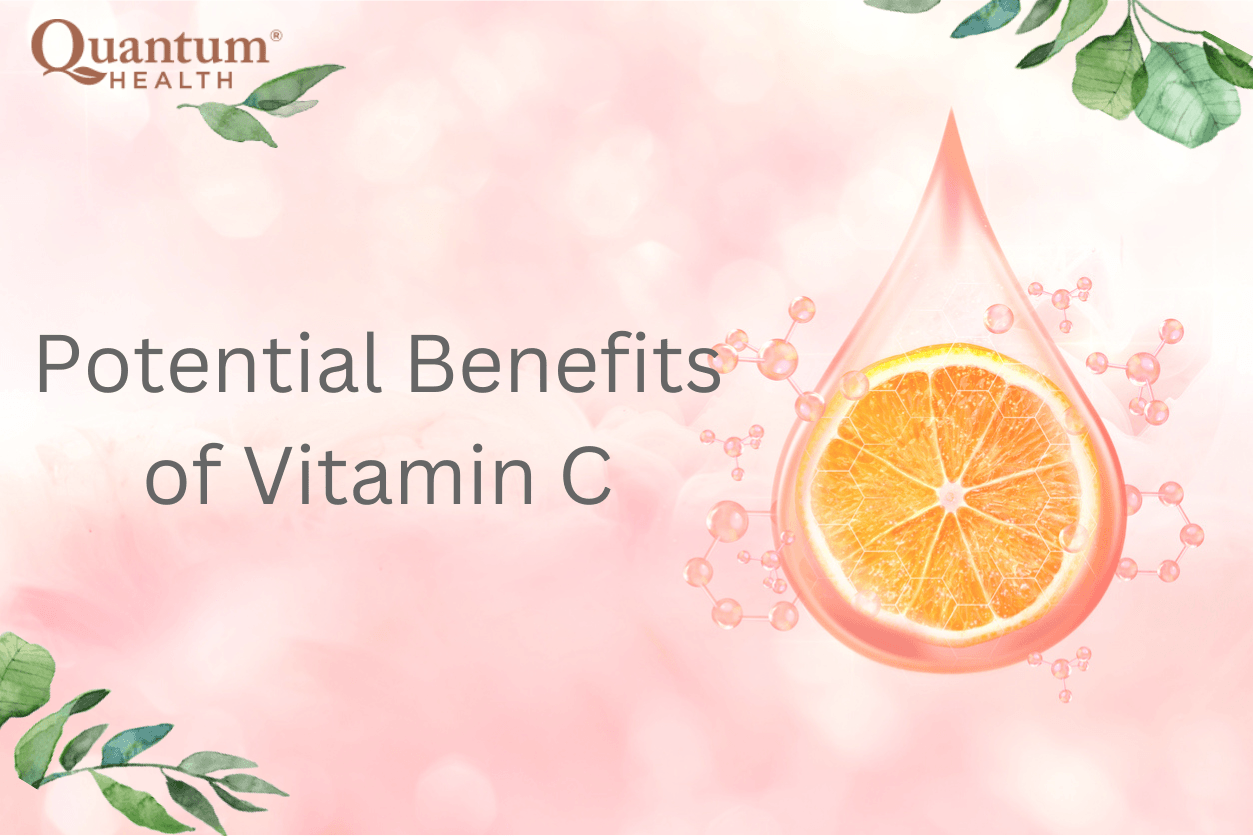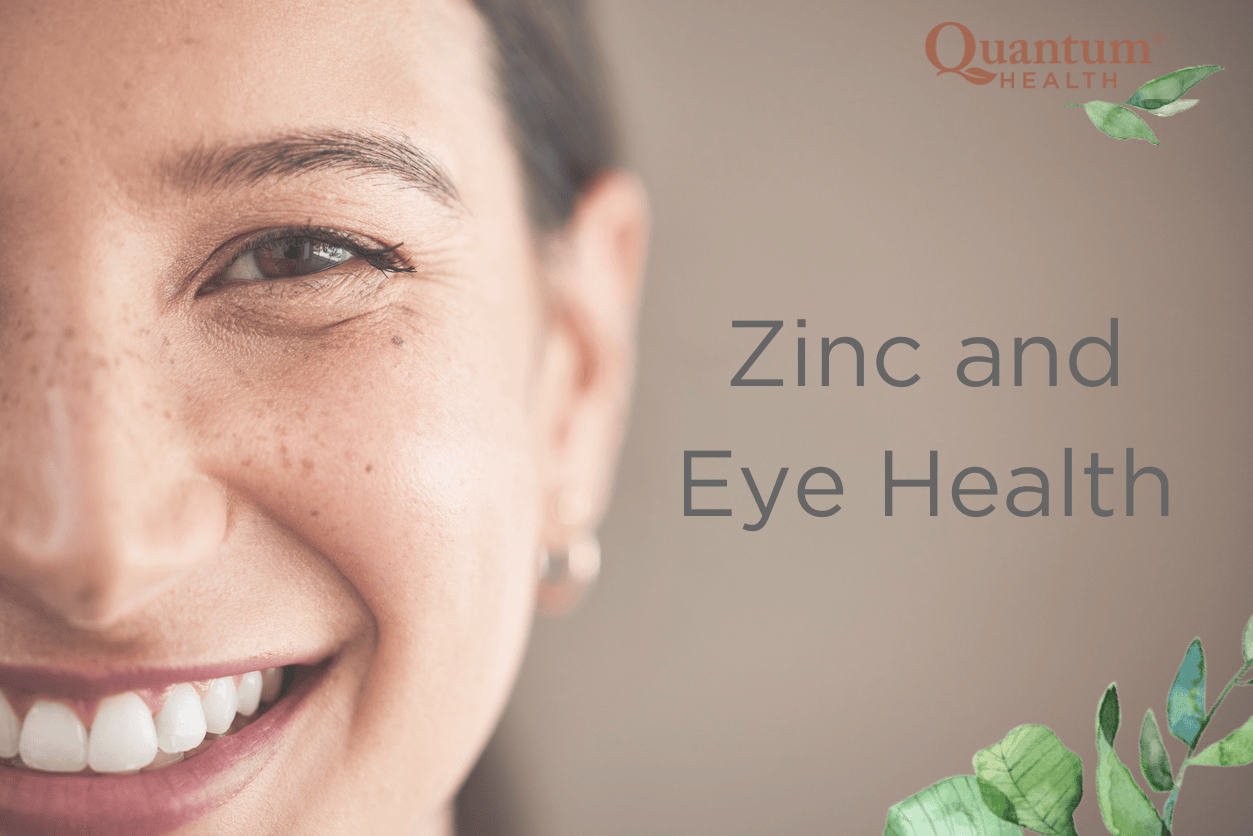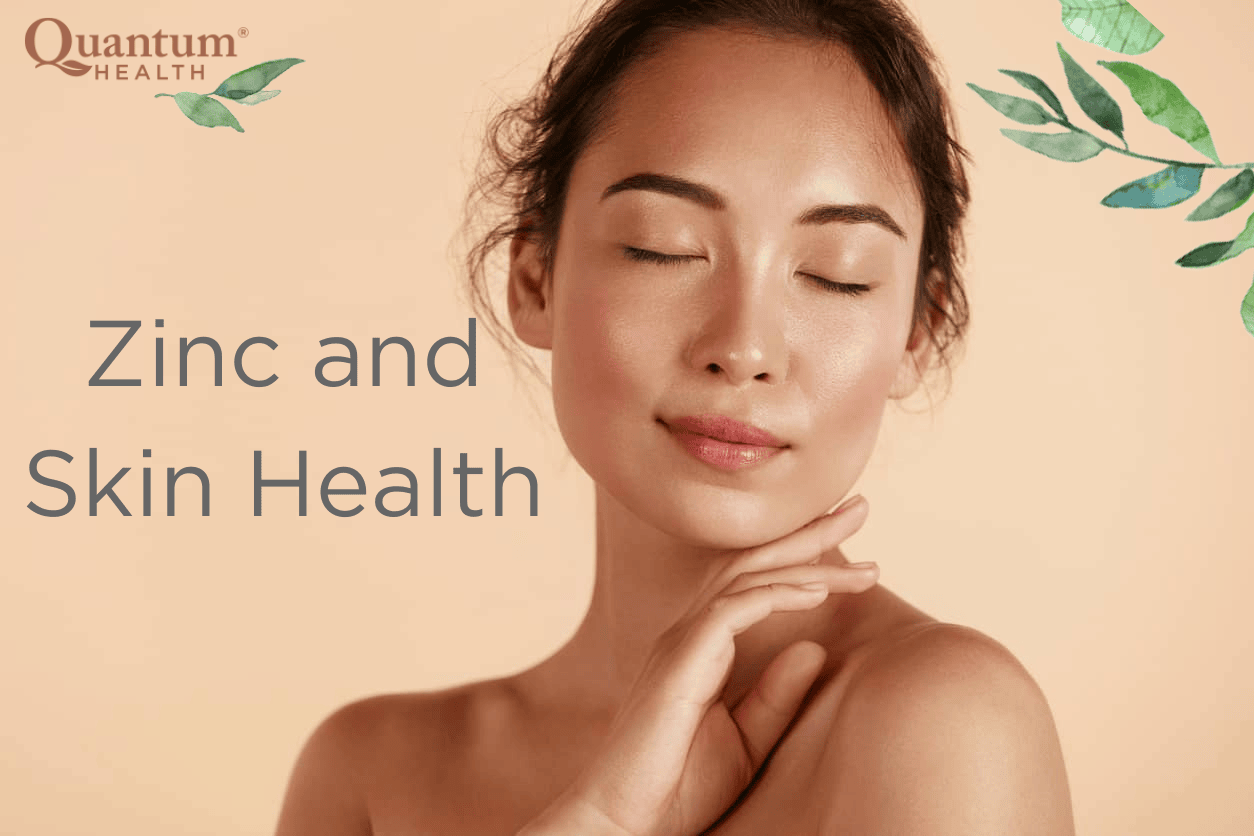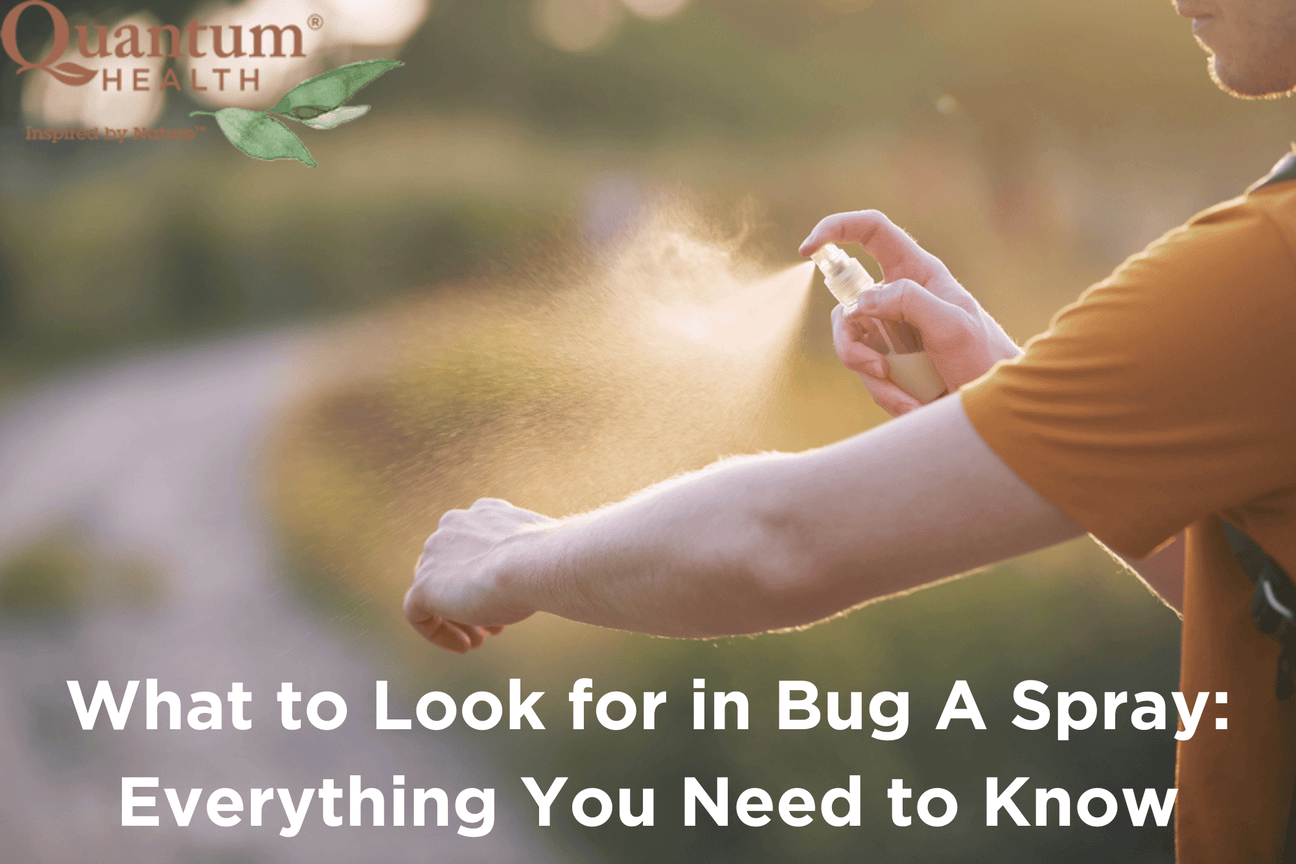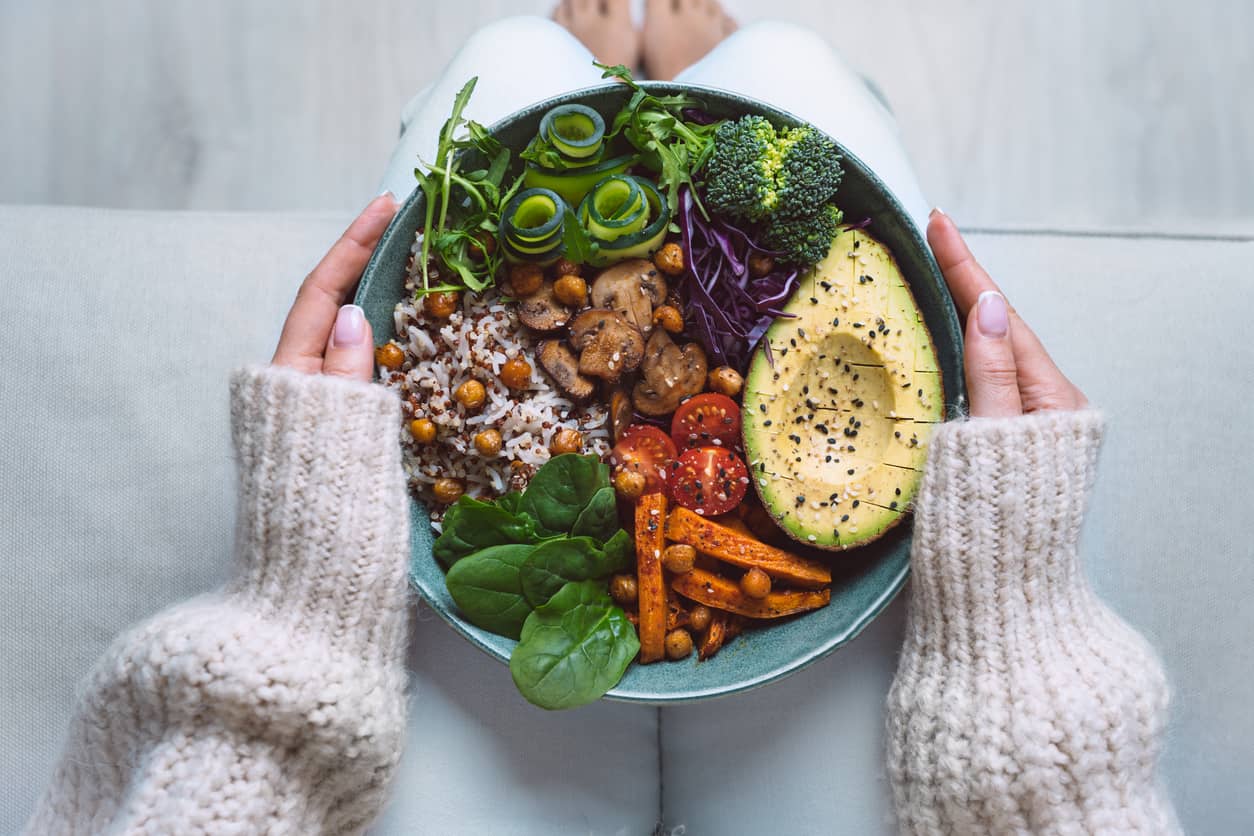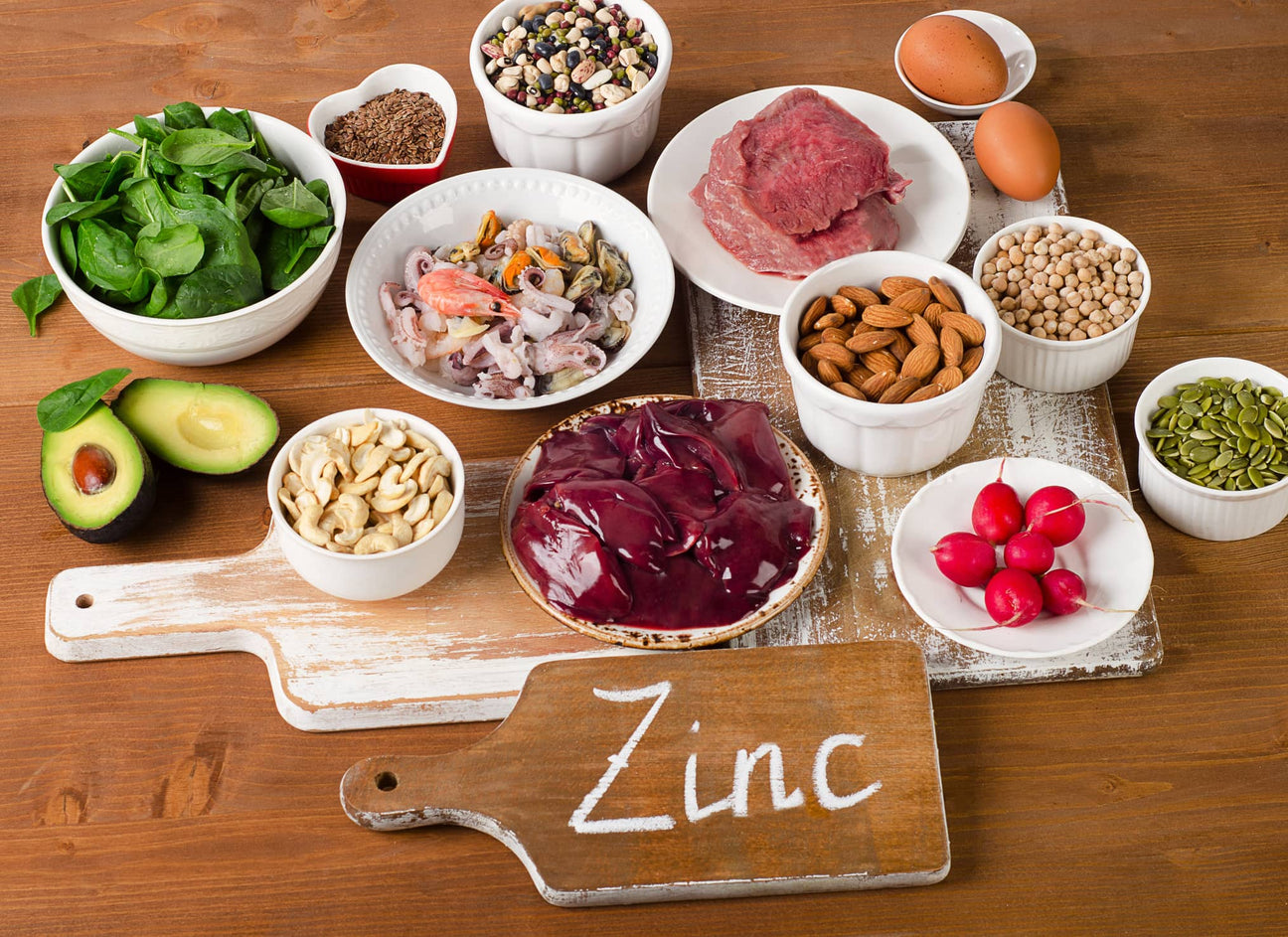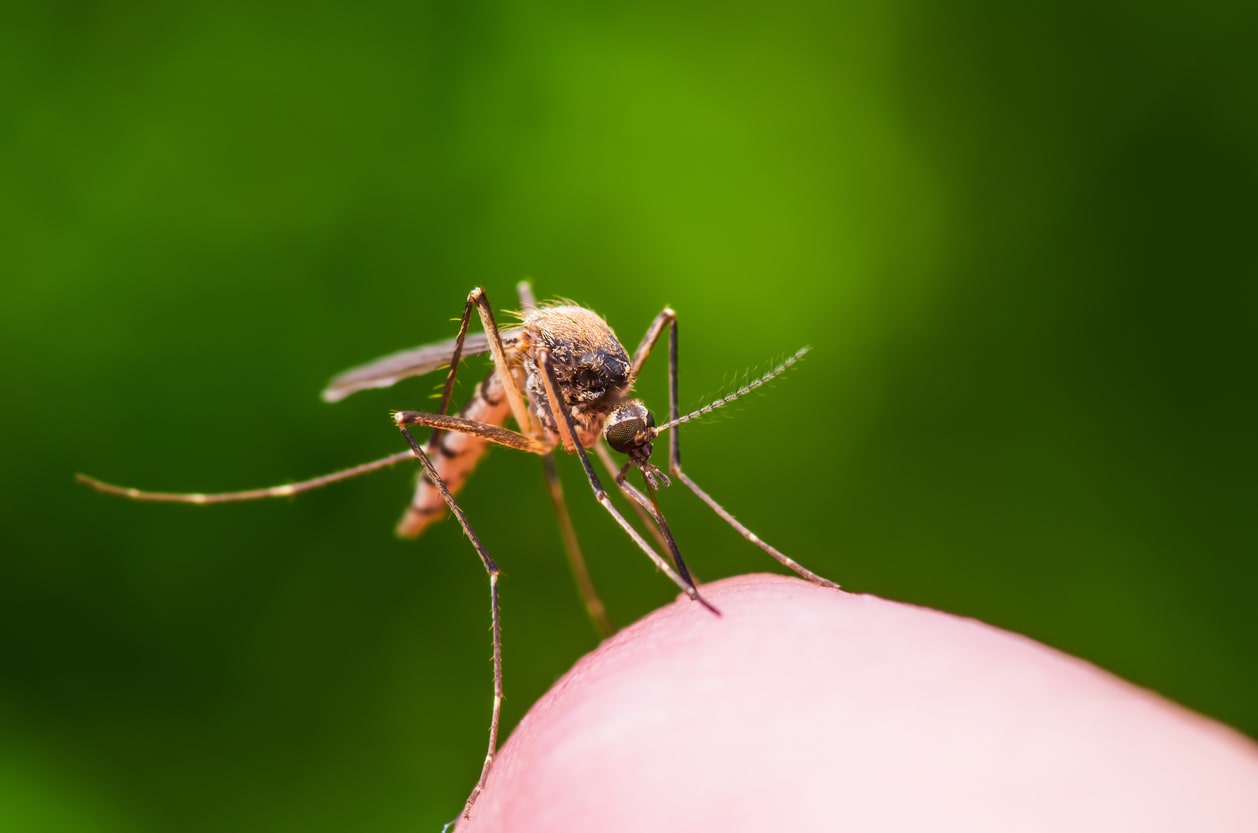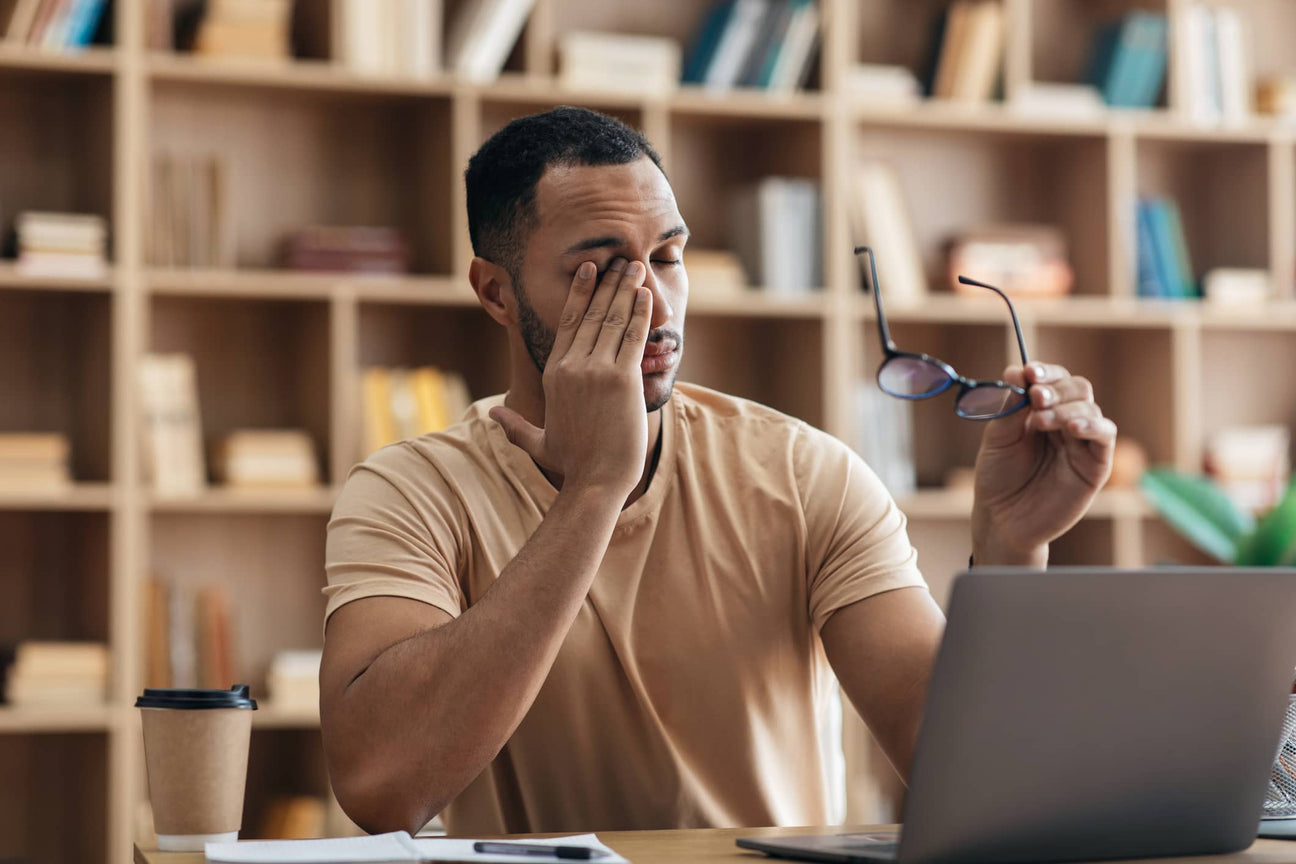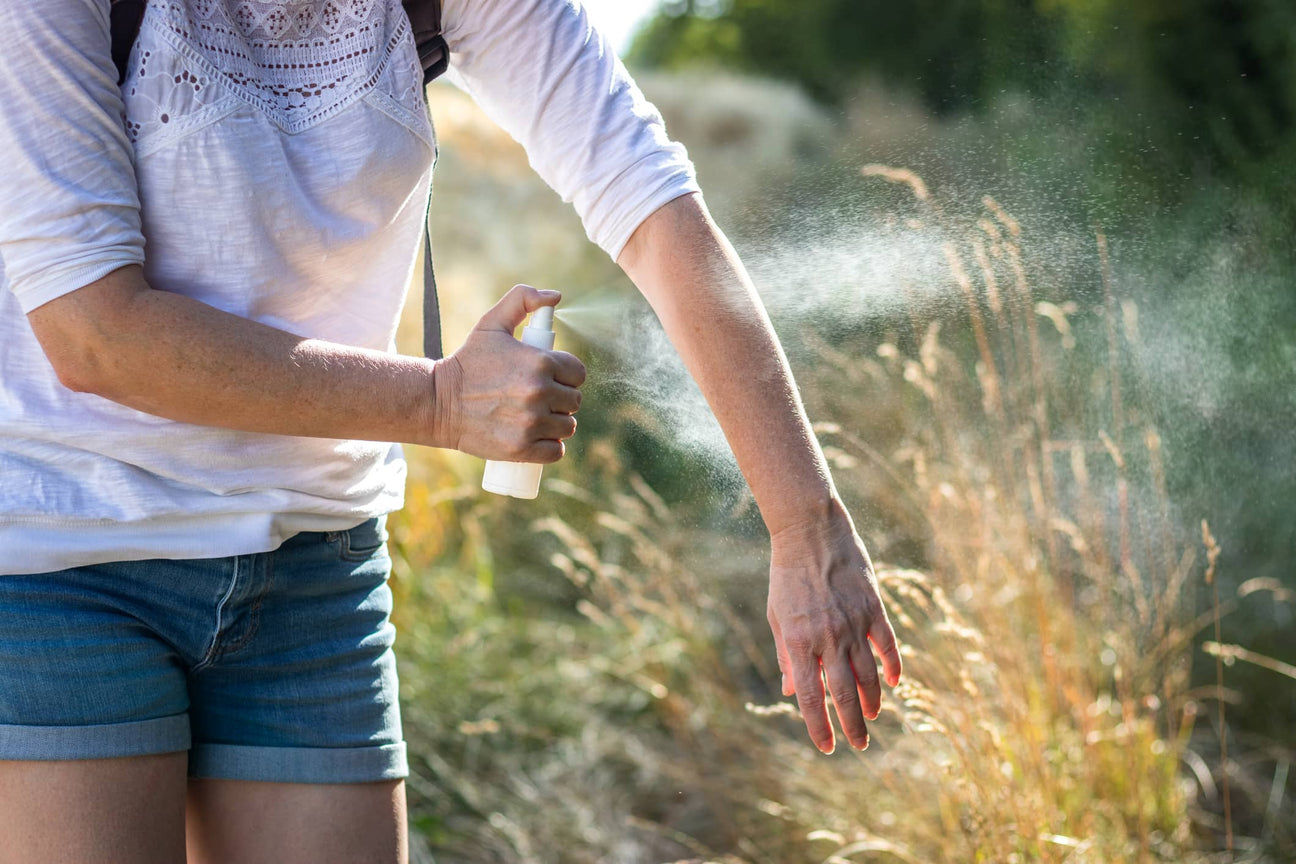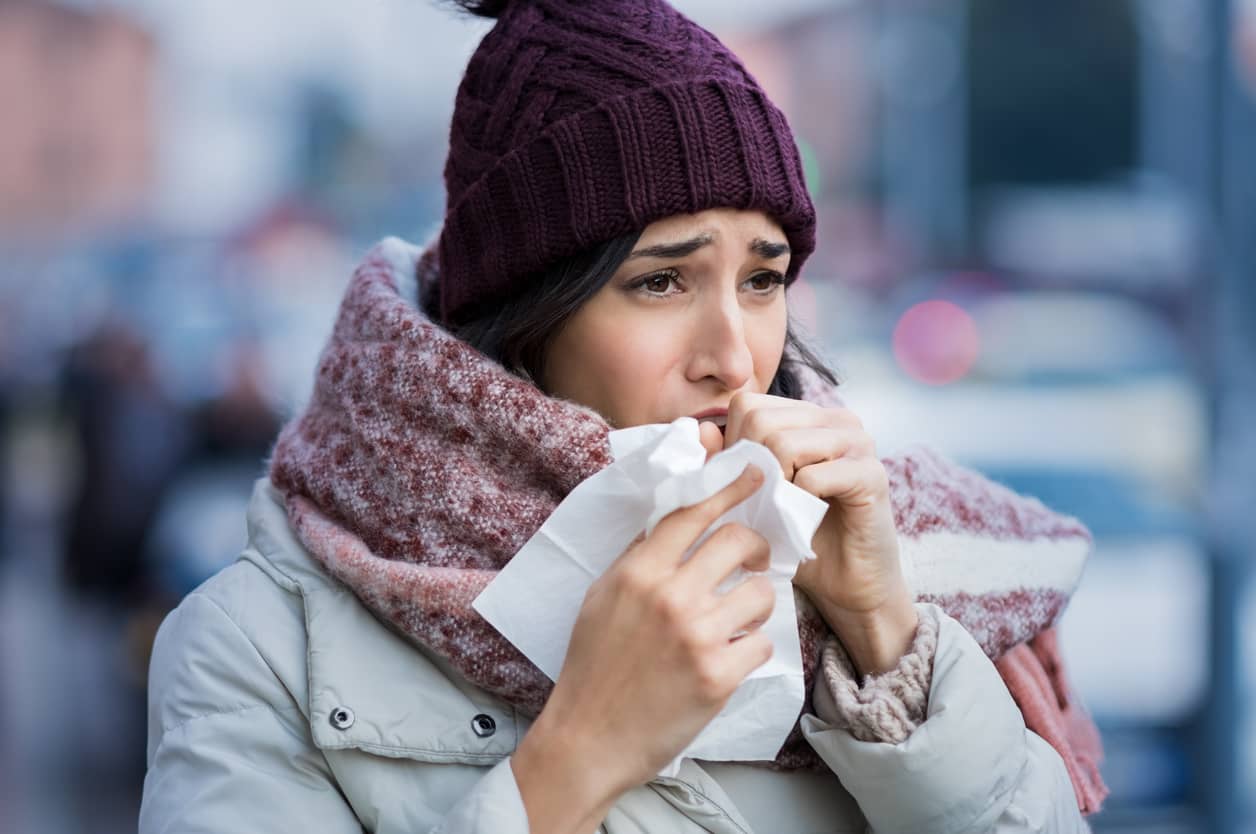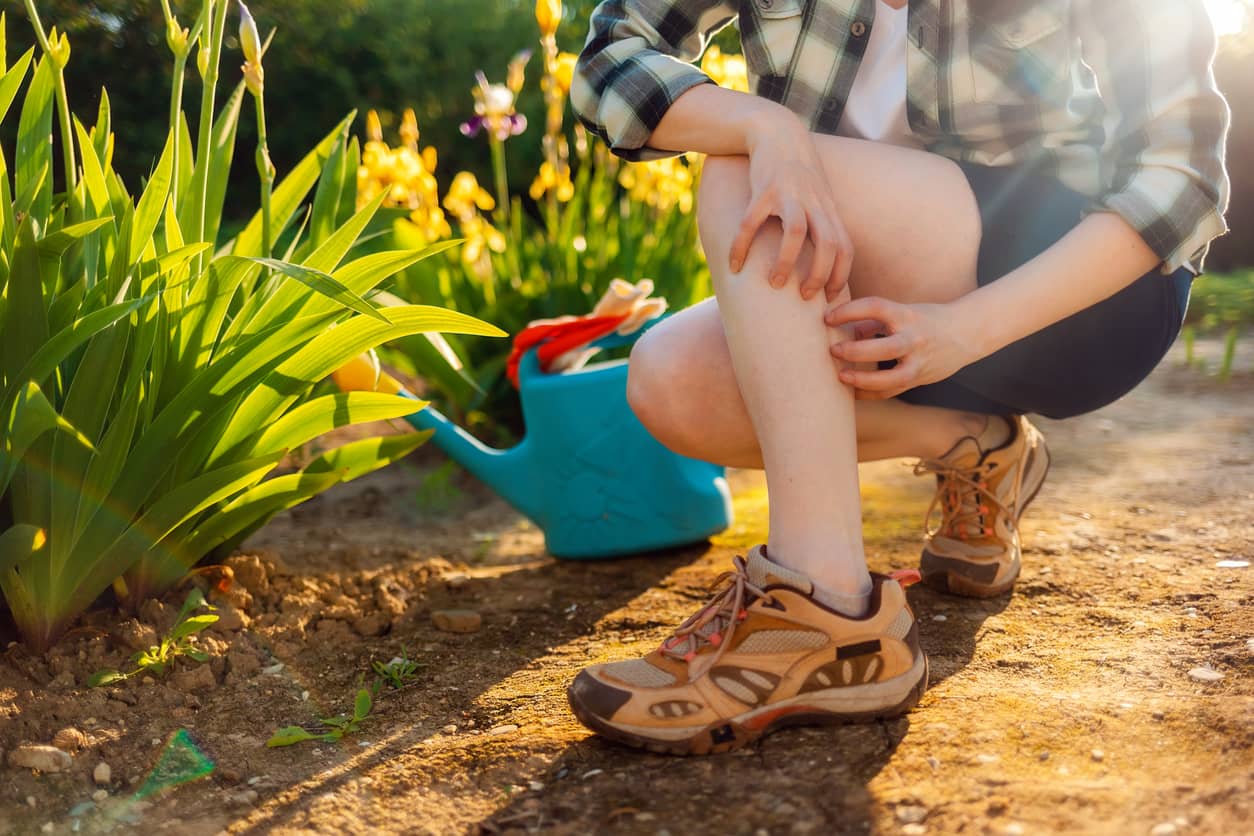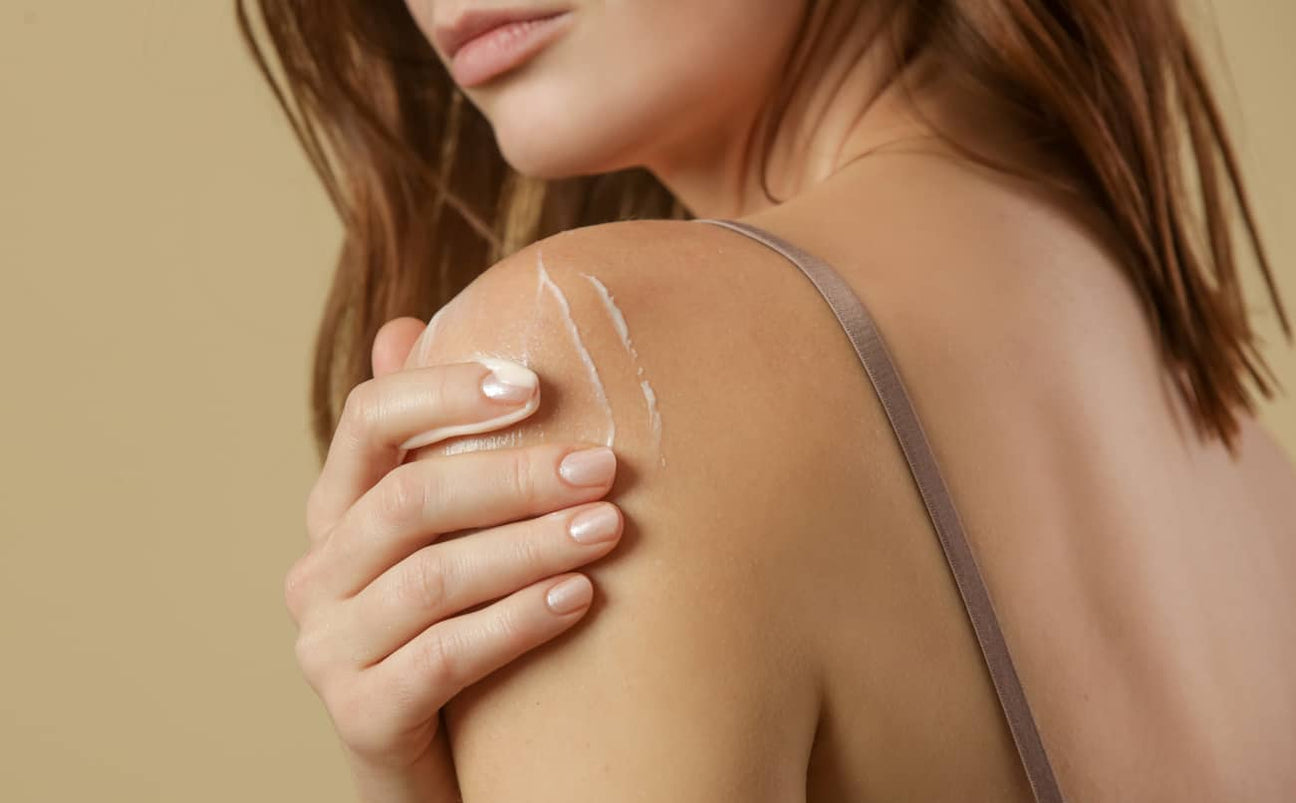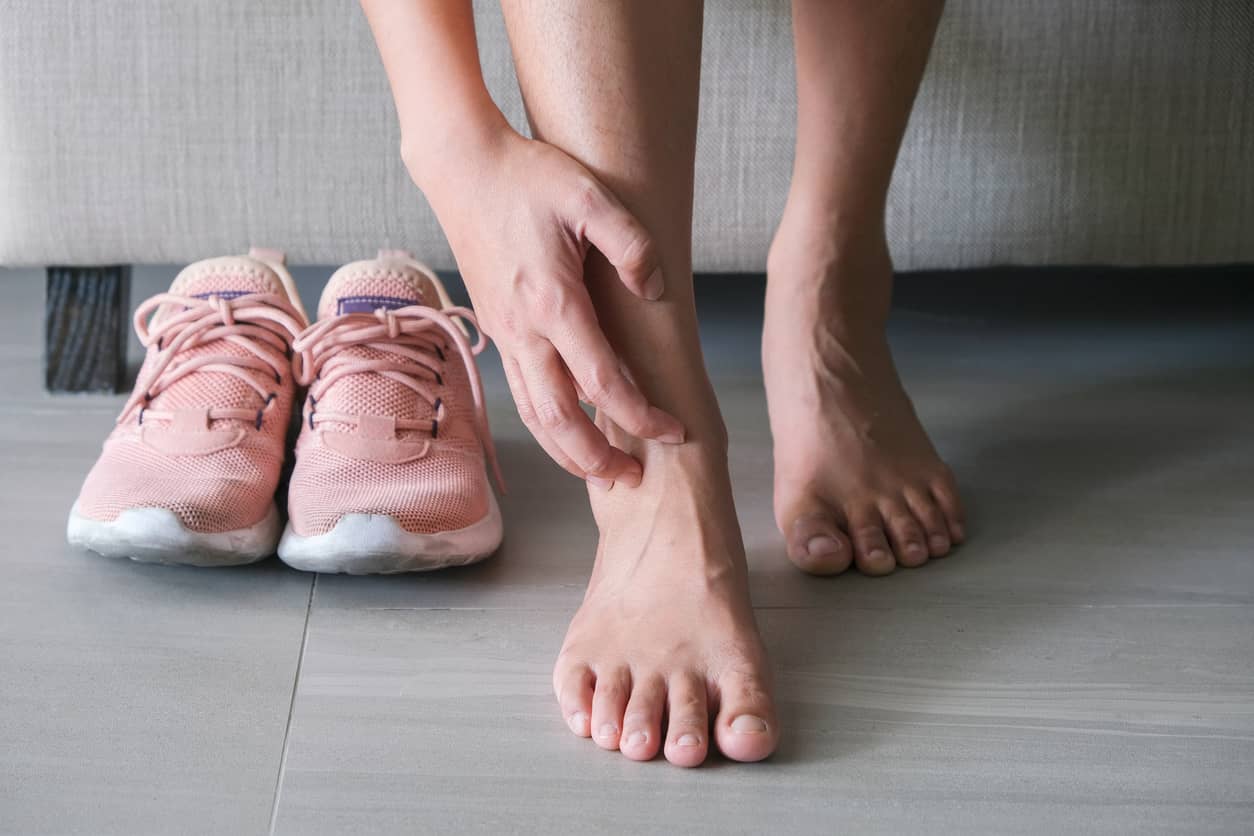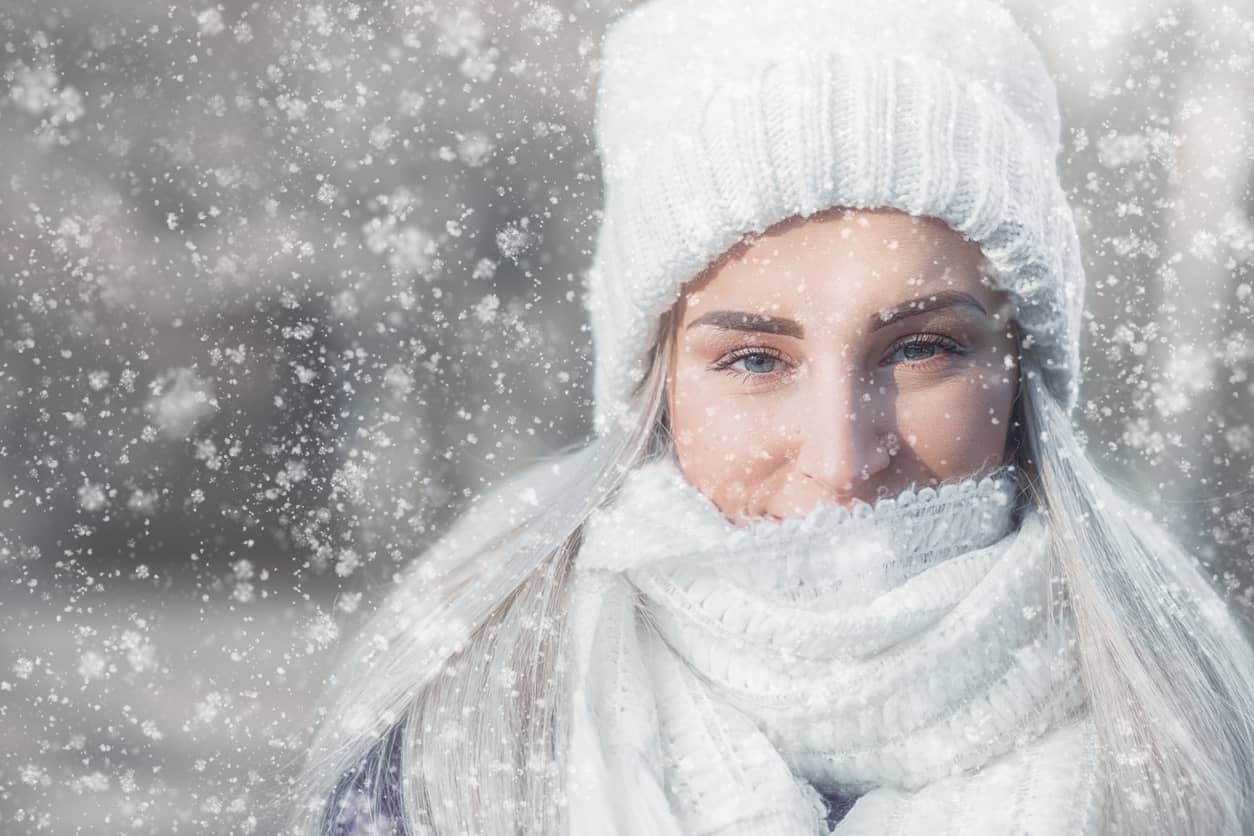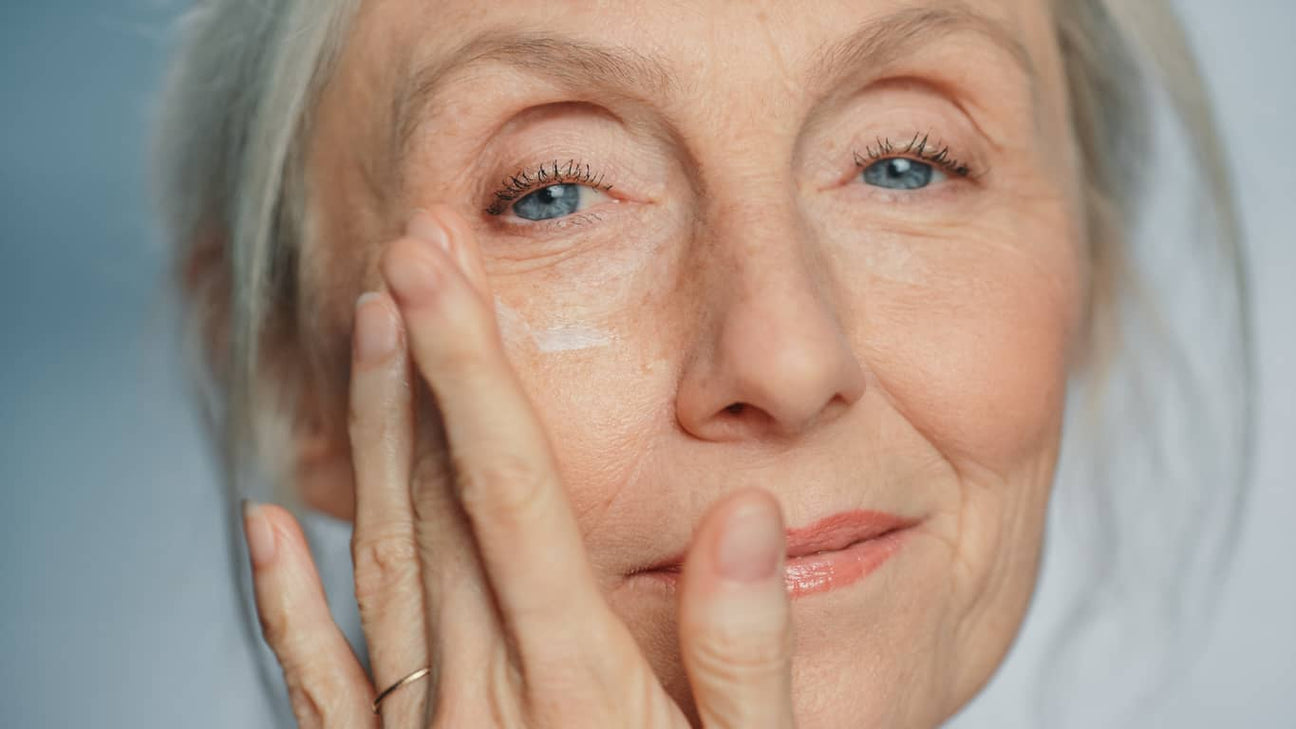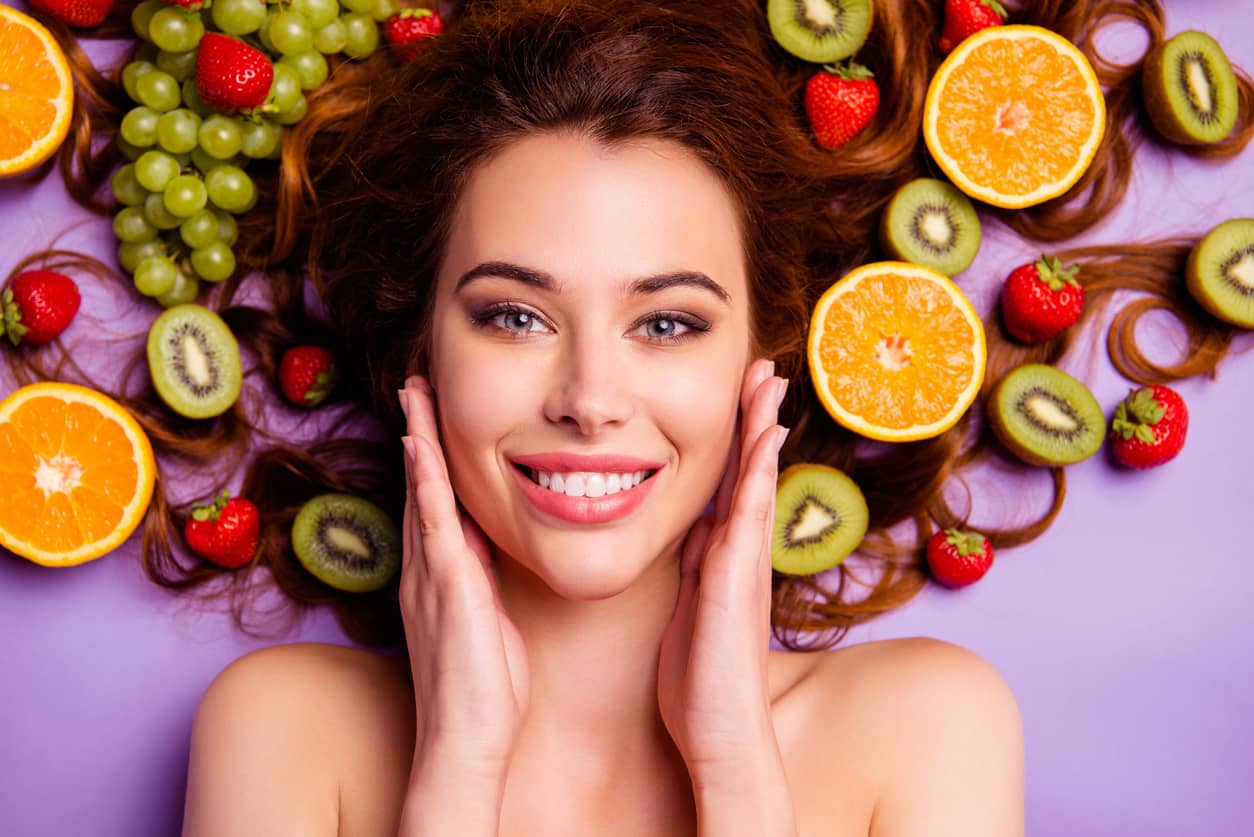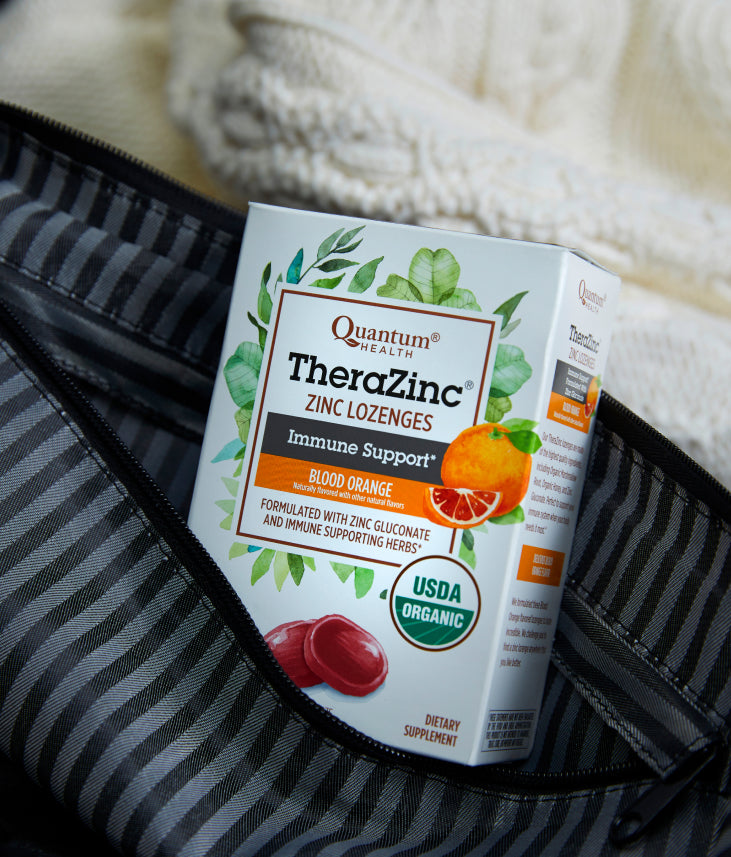How Does Sun Effect Cold Sores?

Key Takeaways
- Sun exposure can trigger cold sore outbreaks for those with HSV-1.
- UV rays cause skin irritation, leading to viral activation and outbreaks.
- Protect lips with SPF-containing lip sunscreen to prevent outbreaks.
- Cold sores can be triggered by stress, lack of sleep, and weakened immunity.
- Using lip protection and staying in the shade can help reduce occurrences.
- Quick treatment is crucial to minimize healing time.
Cold sores can be an incredibly irritating condition, causing itchiness, dryness, tenderness, and pain, as well as altering the appearance of the mouth and lips. This often leads to feelings of insecurity and self-consciousness. While cold sores are common, many people do not know that they can often be triggered or worsened by sun exposure. Understanding this can help prevent the onset or frequency of cold sores to begin with. But let us start with some basics.
What is a Cold Sore?
Cold sores are small blisters that form around the lips or mouth that are caused by herpes simplex virus (or HSV-1). This virus is different from HSV-2, which is the sexually transmitted form of herpes. What both strains of the virus have in common, however, is their ability to be transmitted from one person to another. HSV-1 usually occurs with oral-to-oral contact, which can be from kissing or less direct interaction, such as sharing a cup of water or ChapStick.
HSV-1 is not always symptomatic, but if it is, small blisters are likely to appear around the mouth, which might grow in size or eventually burst. These blisters are usually accompanied by a tingling sensation, itchiness, dryness, or irritation.
Where Does the Sun Come In?
If you have herpes simplex virus-1, the sun can trigger a cold sore outbreak. You’re likely well aware of the other dangers of being out in the sun unprotected because UV rays can cause a sunburn, which can inflame and irritate the skin. For those with HSV-1, that irritation and inflammation can come in the form of a cold sore outbreak, because the UV rays work to trigger viral activity in the body.
This means that, even if HSV-1 is at dormancy, exposure to the sun can trigger the virus, pulling it out of its dormant state, leading to an outbreak. While stress, lack of sleep, and a weakened immune system are also common triggers for an outbreak, engaging in healthy habits, such as proper lip protection while in the sun, can help reduce excessive outbreaks.
How to Properly Protect Your Lips in the Sun
You should provide your lips with a layer of protection the same way you would the rest of your body: with SPF and sunscreen. Nothing is worse than missing a part of your body while applying sunscreen, so why would you want to neglect your lips? Purchase a lip sunscreen to ensure the UV rays are blocked from causing irritation. Similar to ChapStick, these lip-intended protectants are free of the unpleasant taste and excess moisture that comes along with regular sunscreen. It is also important to note that protection from the sun is always necessary, not just when you are lounging by the pool or beach during the summer. Even partly-cloudy days come along with harmful UV rays.
There are also daily supplements you can take, which have a lysine+ formula, aimed at supporting the immune system and your oral health. Providing your mouth with all of the available tools to prevent an unnecessary outbreak can help ensure that you are not missing out on any time in the sun. That said, taking periodic breaks in the shade or wearing a hat can help keep the UV rays off your face.
If you do happen to get a cold sore, treat it quickly and cut healing time in half with our line of Cold Sore Medicine and Treatment products. Shop now to feel relief.
Share
Your share can inspire countless others.






